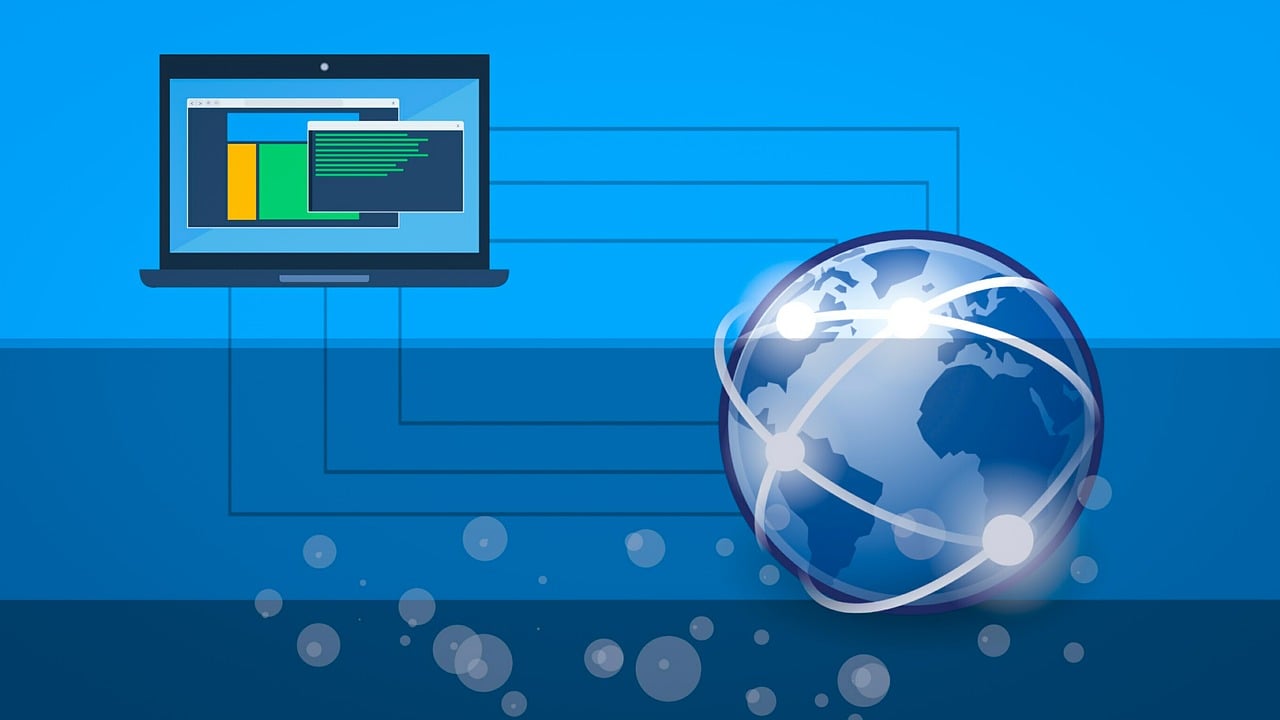In this post, I’ll show you 4 reasons you need content filtering for your business…
Content filtering is the technical process whereby a company uses either hardware or software and its applications in order to restrict content from reaching a device or network.
It works through the configuration of both software and hardware components of machines to prevent them from accessing specific or filtered content.
The company decides what a user can and cannot see on their devices through a number of different methods.
Emails in a remote work world, for example, can be configured to receive internal email only, and devices can be configured only to access certain websites on the Internet. These are just a few examples of how content filtering works.
In many cases, the goal is to restrict questionable or malicious content from reaching the end-user.
CHECK OUT: Best Antivirus For 2023: Windows, Mac, Linux, iOS & Android
However, there are many different reasons why a business would want to install content filtering on a device, database, or network. Learn more about the top 4 reasons here.
Table of Contents
4 Reasons You Need Content Filtering For Your Business
1. Improve Network Security
Network security is a top concern for any database professional. It is a concept that has been important to hardware use and software applications since computers became a mainstream component of daily business life 20 years ago.
Content filtering protects the end-user’s device from being infected with malicious content, which in turn protects the company’s network from the same problem.
This will, in turn, preserve network bandwidth and even boost it for all users on the network and will keep all users on the network protected from a downday due to malicious or suspicious content.
Employees won’t be able to spend the day on streaming services that eat up bandwidth when they should be working, and a malicious streaming trojan on one device won’t bring the whole company down for the day either when there are content filters.
2. Increase Productivity and Profits
While security is paramount in determining how much content is filtered to employees and network users, productivity and product losses will always be a priority for every business owner or manager.
A down day for Amazon has the potential to produce losses in the billions, and even a few minutes offline for the company will and has cost them millions.
Content filtering for a company prevents the wrong users from getting in both at the back end and as a frontline user. When one employee is down due to an attack, the company’s daily profits will suffer. When more than one is down, the outcome is disastrous.
3. Safeguard Users From Questionable Content
In this day and age, almost anything can get sent by email, chat application, or even through screen sharing.
When an employee does not have content filters on their devices, they may be at risk of being exposed to objectionable or questionable content from an external source or even an internal one. This has a damaging effect that reduces the success of a successfully configured network.
Malware is one example of questionable content that users need to be safeguarded from, but so is inappropriate content. A solid content filtering strategy minimizes this risk.
4. Improved Data Security
Protecting consumer, client, and business data security is important today, and so is protecting the data security of the average citizen.
Every country in the world has laws that impose severe penalties on companies or individuals that breach systems or networks, interfere with data or devices, or perform any act that violates existing privacy policies.
Improved data security is accomplished through appropriate content filtering methods that will also reduce the legal and criminal liabilities of a company that does not have them.
Methods of Content Filtering
There are a number of methods that a company can use to apply content filtering on their networks. White and black listing category-based methods, such as block lists or deny lists on email addresses, are widespread ways of doing that.
For companies that find this more difficult in the remote work era, businesses like Allot’s Endpoint Secure Solution can help you find the content filtering method for your employees that best meets everybody’s needs.
Time-based content filtering works by blocking content from coming in at certain times of the day. The Apple iOS operating system that offers Screen Time as a Setting for everyday users is a good example of this.
Application-based content filtering is another means by which content can be filtered. Here, filters can identify what is on an employee’s or user’s device and determine what shouldn’t be there.
Choose Secure Solutions
When you are worried about your business’s network or users being infected with content that could put their devices or your network at risk, then it is time to consider developing and implementing a content filtering plan.
READ ALSO: Privacy Vs Security: What’s The Difference?
How To Choose A Content Filtering Solution
When choosing a content filtering solution, it is important to consider the following factors:
- The size of your business: Content filtering solutions are available for businesses of all sizes. Choose a solution that is scalable to meet your needs.
- Your budget: Content filtering solutions can vary in price. Choose a solution that fits your budget and provides the features you need.
- Your specific needs: Consider your specific needs when choosing a content filtering solution. For example, do you need a solution that can filter both inbound and outbound traffic? Do you need a solution that can filter email, web traffic, and applications?
Once you have considered these factors, you can start to compare different content filtering solutions. Be sure to read reviews and compare features before making a decision.
Conclusion
Content filtering is an important tool for any business that wants to protect its network and users.
By implementing a content filtering solution, you can improve your network security, increase productivity, safeguard users from questionable content, improve data security, and reduce your legal liability.
INTERESTING POSTS
- What Are Network Firewalls?
- 5 Top Apple Mail Alternatives For iPhone And Mac
- Turbo VPN Review: Is Turbo VPN Safe? [+Best Alternatives]
- Latest Updates On Spotify For 2022
- 6 Ways To Optimize Your DevOps Team Productivity
- Identity And Access Management Takes Up A Month Every IT Year
- What Are the Benefits of Outsourcing to an IT Support Company?
- Top 6 Benefits Of Using Productivity Software Tools In Your Business
About the Author:
Daniel Segun is the Founder and CEO of SecureBlitz Cybersecurity Media, with a background in Computer Science and Digital Marketing. When not writing, he's probably busy designing graphics or developing websites.









